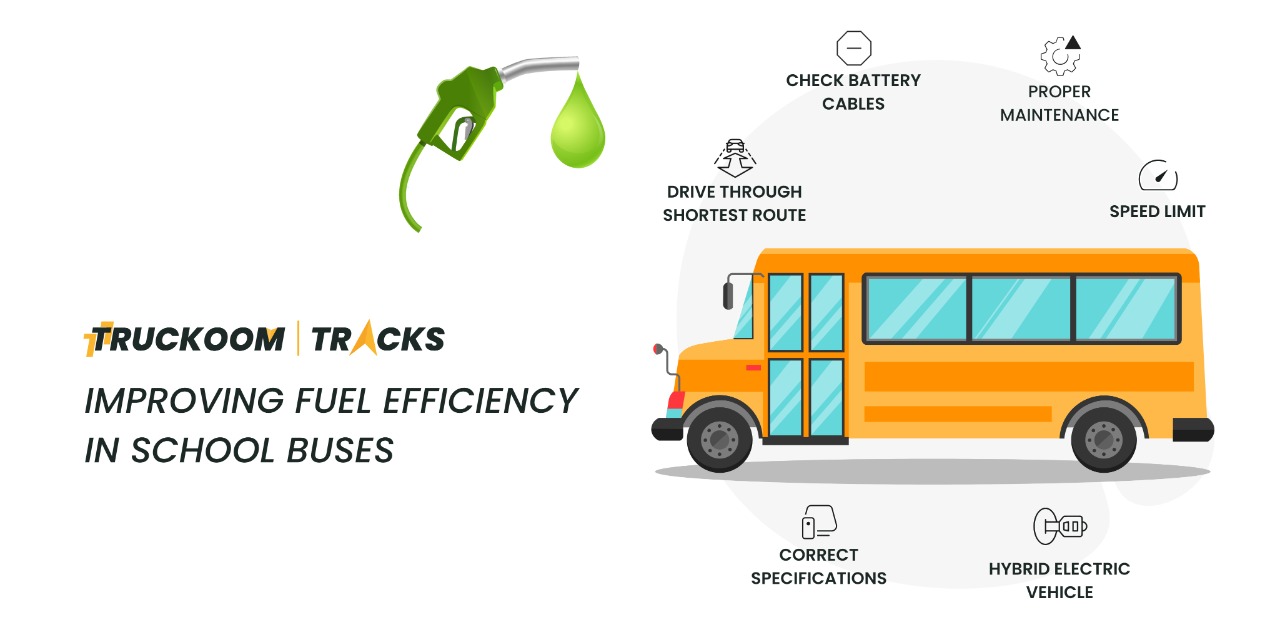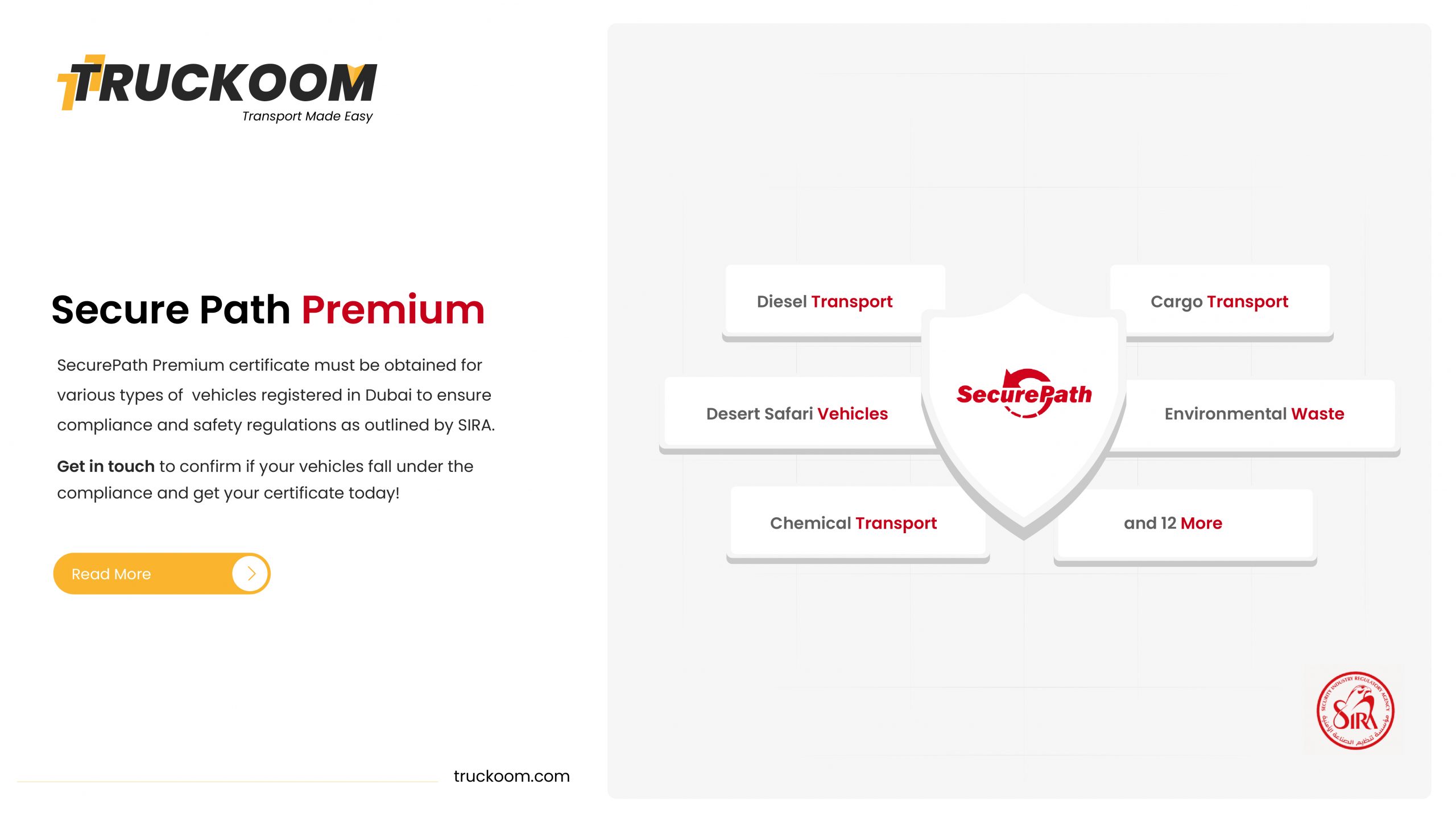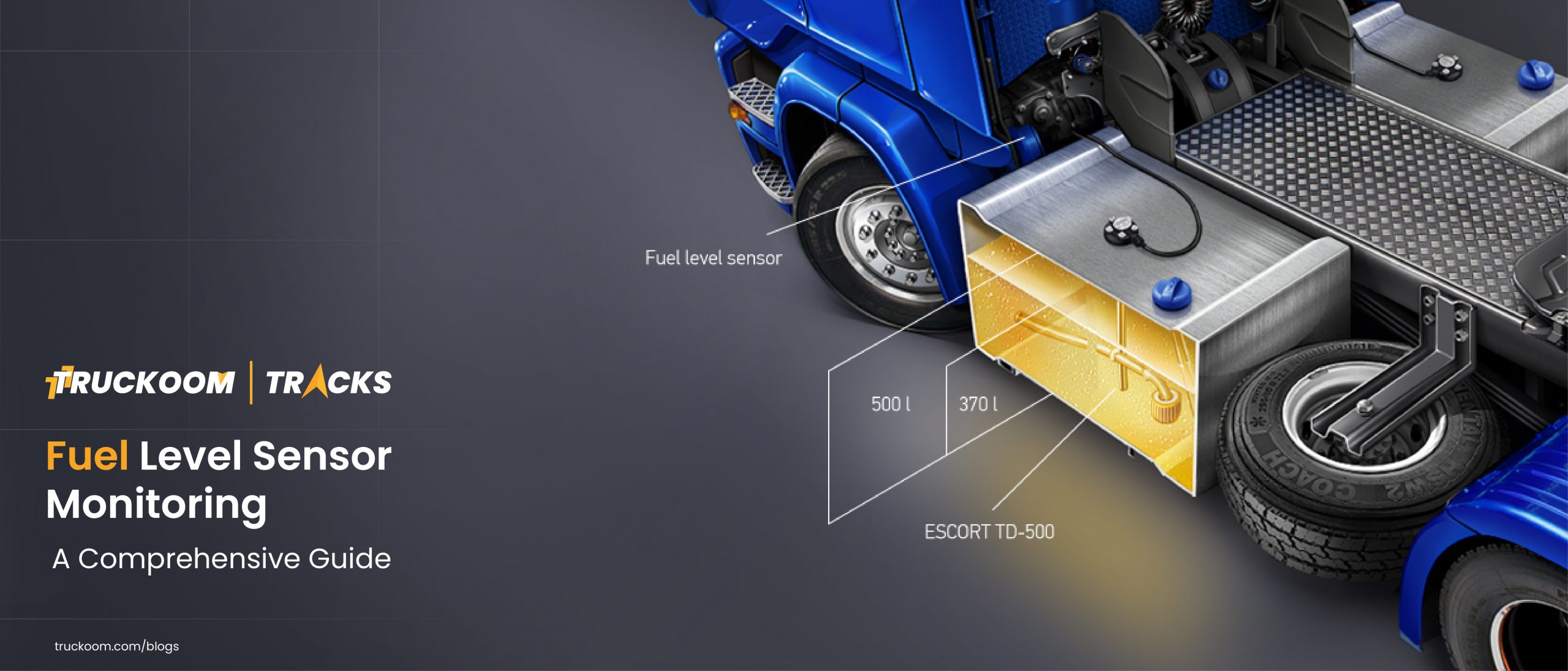Every year, the world’s school buses require liters of petroleum or diesel to operate effectively. School buses use a lot of fuel every day, both for picking up and putting off pupils at various locations.
In order to ensure smoother operation of the buses, it is crucial to maintain fuel efficiency. So below we have listed a few important traits that you can practice achieving a group of fuel-efficient buses.
1. STATE OF TIRES:
To reduce fuel consumption, a school bus must have high-quality, long-lasting tires. This is due to the fact that the buses must travel over some rugged terrain, and poor tire quality would reduce fuel efficiency.
The tires must be adequately filled to navigate the rocky roads without incident. Tires that are under- or over-inflated can reduce economy and fuel efficiency, which can eventually shorten the life of the tires.
2. BEHAVIOR OF THE DRIVER:
Fuel efficiency also depends upon how the driver is handling the bus and how he is using acceleration and whether he is idling or not. Drivers who follow proper rules are more susceptible to maximizing the fuel efficiency of the vehicle.
The fuel economy and efficiency of an engine decrease by roughly 1% for each hour it sits idle. Installing an idle shutdown timer on the bus will help you prevent that, cut down on idling time, and improve fuel efficiency.
Applying the brakes correctly is another way bus drivers may increase fuel efficiency. Frequent braking has a detrimental impact on fuel efficiency. Therefore, it’s crucial to keep your speed in check and only use your brakes when necessary.
Tracks by Truckoom is a tech enabled fleet management solution (FMS) to provide insight into driving behavior. It provides alerts and reports that will keep you updated on harsh driving, abrupt brakes, overspeed, fuel levels and so much more. Not only this, but you can also use Tracks by Truckoom to track the idle time as well which will help you to reduce your fuel expenses.
3. RELIABLE SPECIFICATIONS:
The precise component specifications that must be selected when buying the school buses have a significant impact on fuel efficiency. The school administration may enlist the assistance of tech professionals to install the appropriate parts that would improve fuel efficiency.
4. EMPLOYING MODERN DIESEL ENGINES:
Without a question, diesel is the most economical fuel for bus engines. Additionally, modern diesel engines are significantly superior to those from the 1980s and 1990s. Diesel has better economics than any other natural gas resource.
Since the methods have improved over the past few years, several outdated buses are being updated by installing the newest engines. Additionally, diesel engines increase mileage by 25–30%, which boosts fuel efficiency.
5. THE REGULARITY OF GEAR SHIFTS:
Don’t shift gears frequently. To minimize the amount of gear changes, have a thorough understanding of routes and traffic. The bus will use less gasoline if you swap the gears less frequently.
6. USE OF AIR CONDITIONERS PROPERLY:
If the school bus has full air conditioning, only utilize it when essential. Overusing the bus’s air conditioning could increase fuel use and reduce fuel efficiency. So, by practicing this minor habit you can actually make an impact on your fuel expenses.
7. REGULAR MAINTENANCE:
Perform timely bus maintenance. Your bus will get better mileage and use less fuel with proper, routine maintenance and help you save your expenses in the long run. Tracks by Truckoom provide maintenance features to keep your fleet operating at optimum efficiency and ensure that utilization is maximized.
8. CHECK THE BATTERY CABLES:
Check your bus’s battery wires from time to time. In order to ensure that the alternator functions effectively and increases fuel efficiency, replace any corroded cables.
9. USE THE SHORTEST ROUTES TO TRAVEL:
The same place can be reached in a variety of ways. Choose a route that requires the least amount of driving and the least amount of fuel.
CONCLUSION:
Described above are the tips you can consider following to help you reduce your fuel expenses. You can gain maximum fuel efficiency through checking your buses’ tires, monitoring the behavior of your drivers, using the latest engines, keeping a check on the speed limit, controlling the air conditioning, proving your vehicles with regular maintenance and opting the shortest routes for travel.
Every year, the world’s school buses require liters of petroleum or diesel to operate effectively. School buses use a lot of fuel every day, both for picking up and putting off pupils at various locations.
In order to ensure smoother operation of the buses, it is crucial to maintain fuel efficiency. So below we have listed a few important traits that you can practice achieving a group of fuel-efficient buses.




